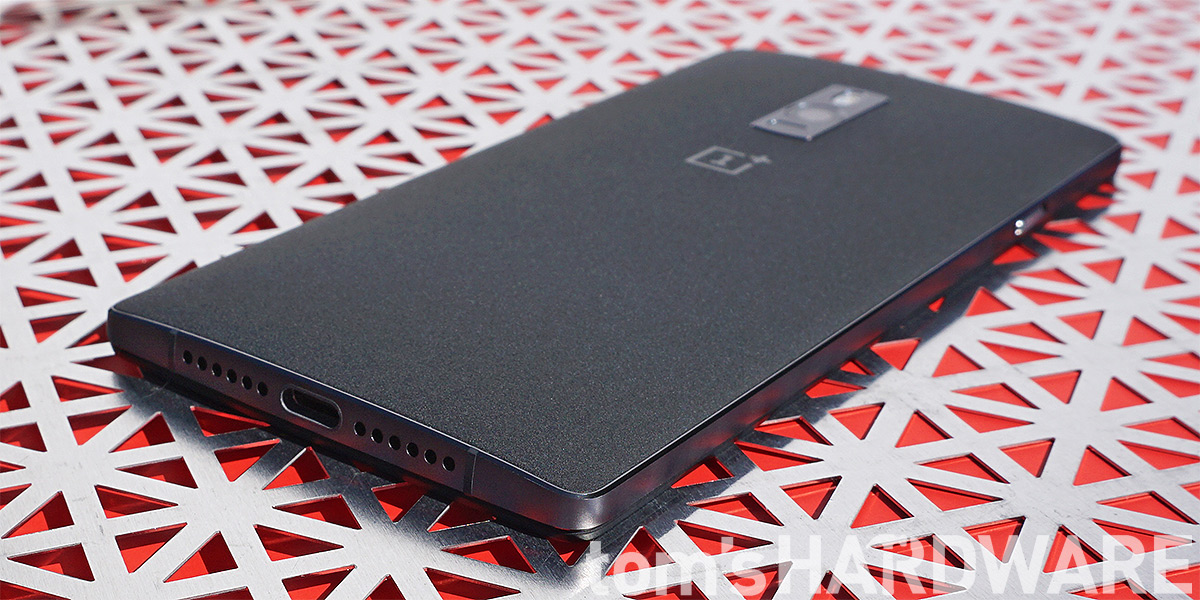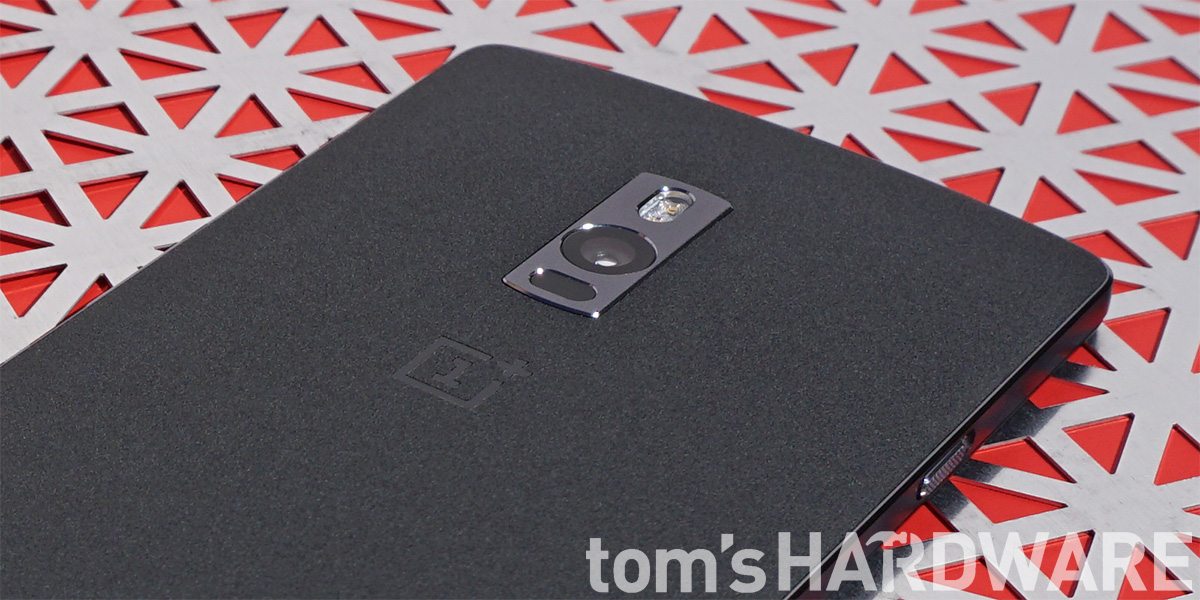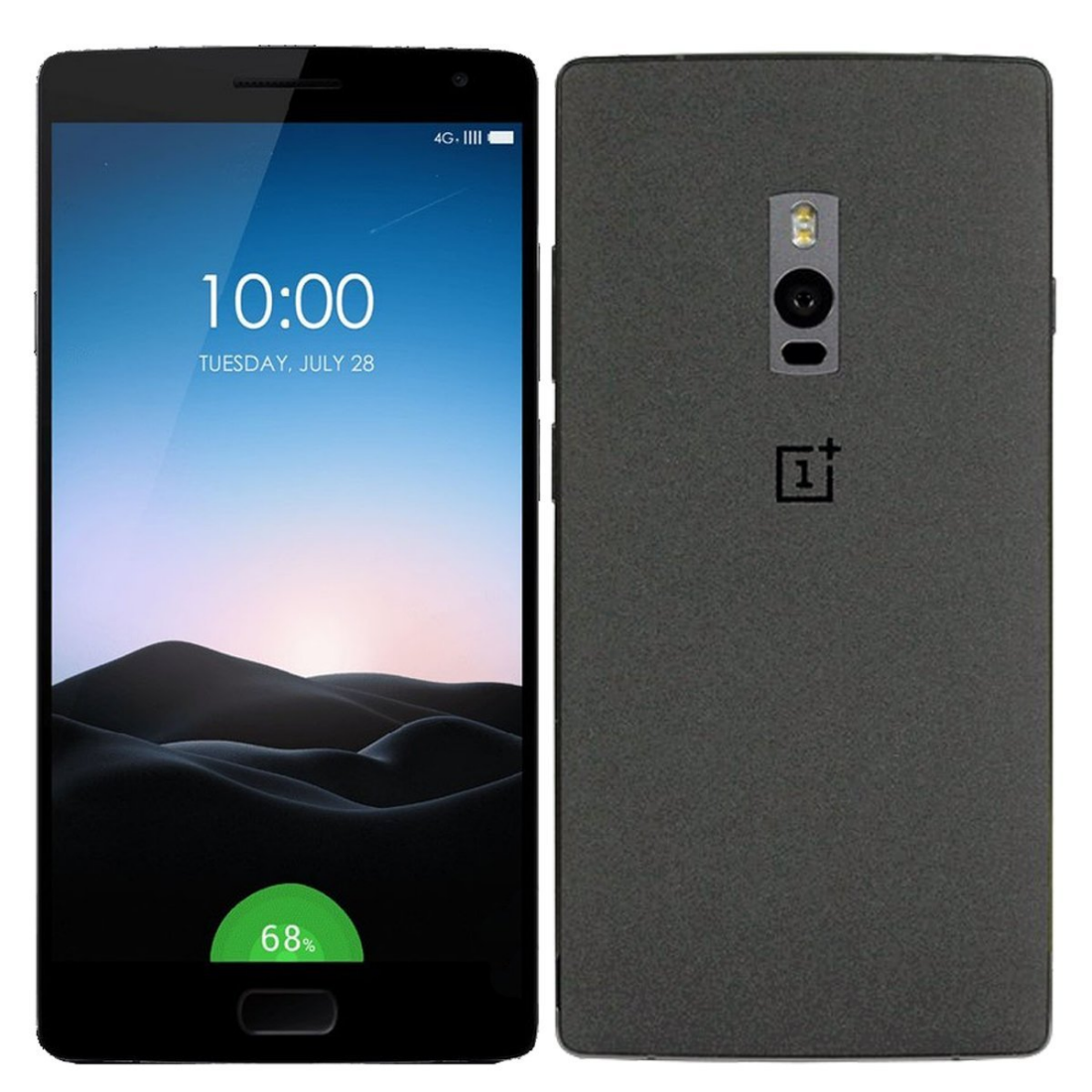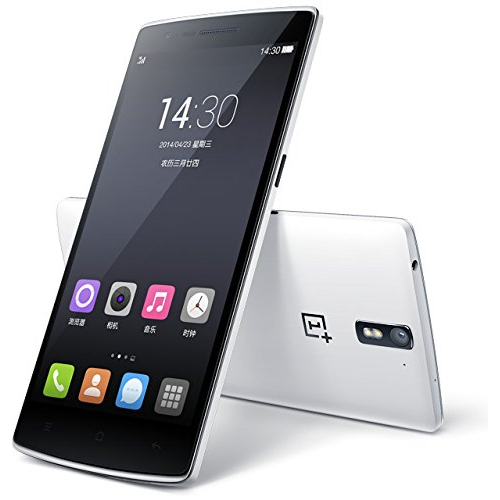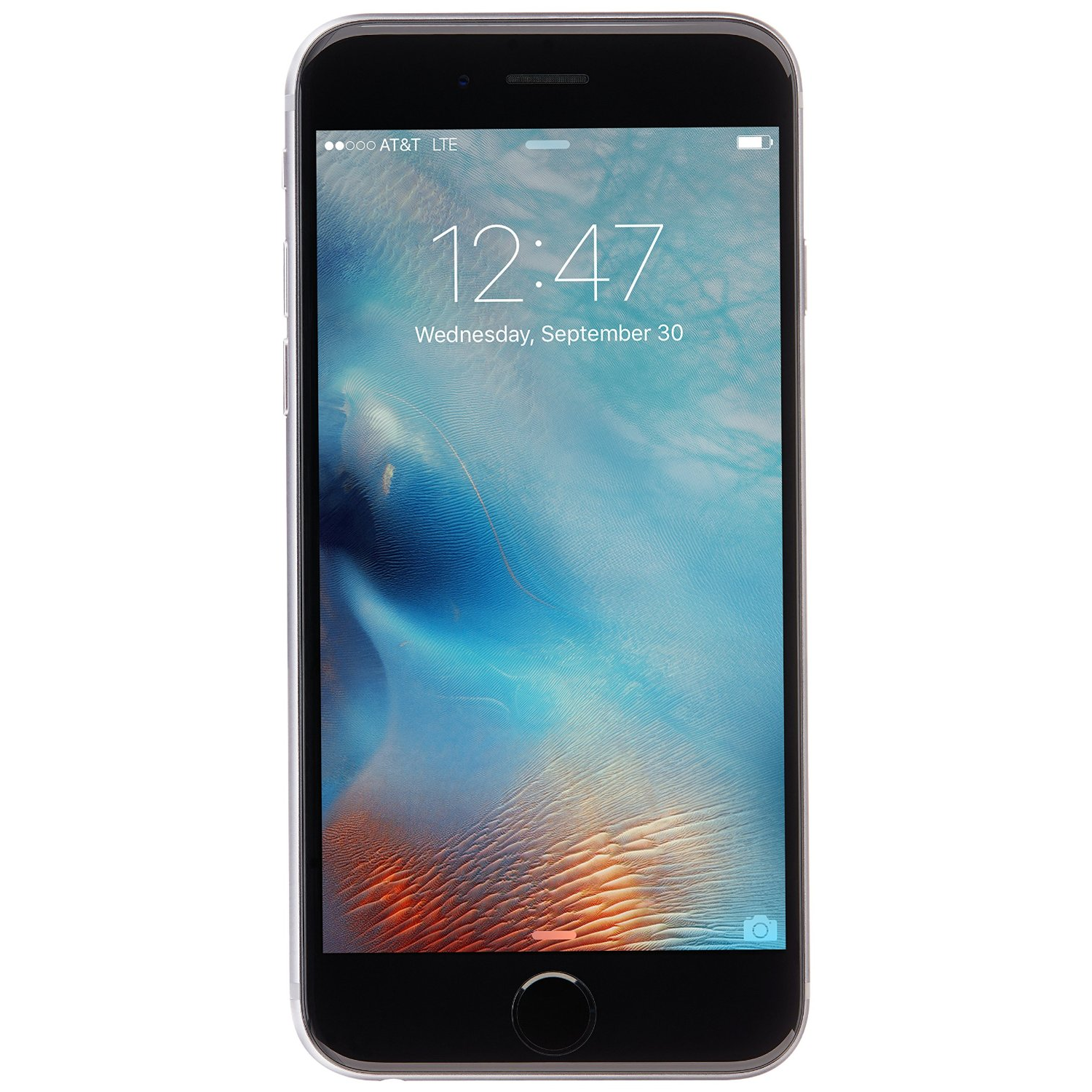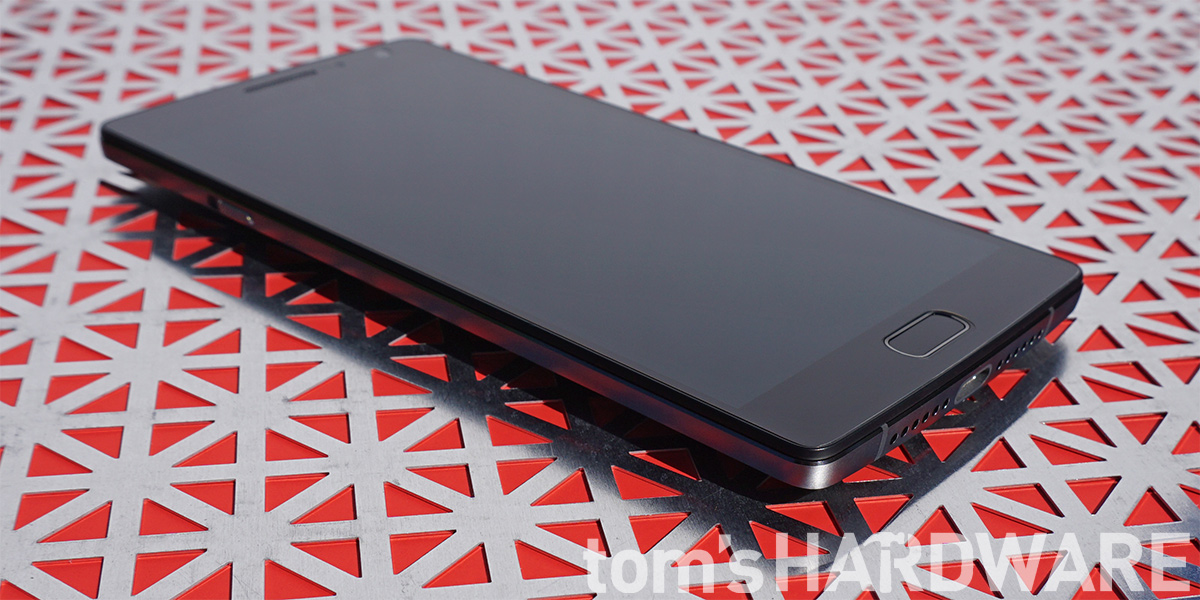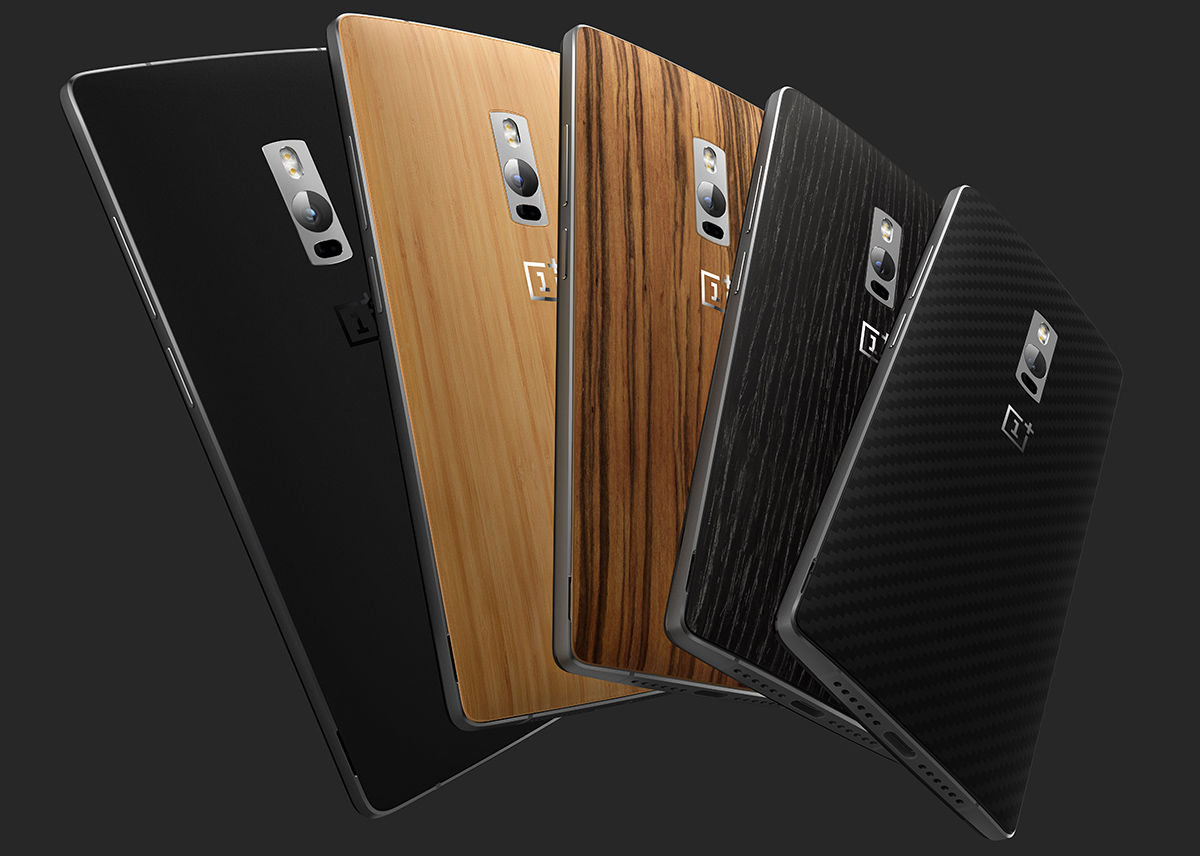Early Verdict
The OnePlus 2's build quality and design rival any flagship for around half the price. The camera is surprisingly good, making it competitive with far more expensive phones. It throttles less than earlier Snapdragon 810 devices, but overall performance is no better than the LG G4 and its Snapdragon 808 SoC. Battery life while using the phone is pretty good, but standby time falls a bit short. The OnePlus 2, like the One before it, is not a true flagship, but it is a terrific value.
Pros
- +
Build quality • Price • Camera • USB Type-C port
Cons
- -
Screen • No microSD • No NFC for Android Pay
Why you can trust Tom's Hardware
Introduction
In December 2013, OnePlus was founded on the premise of bringing high quality devices to market at a much lower price point than its competitors. Not long after, the upstart delivered the OnePlus One. Dubbed a "flagship killer," it sported specs and a build quality that compared favorably to the recently released Samsung Galaxy S5 and HTC One M8 at roughly half the cost. Despite some controversial marketing tactics, OnePlus attracted a loyal fanbase and a lot of buzz, proving that premium does not need to be pricey.
OnePlus entered the market at a very advantageous time. Most U.S. carriers have either dropped or are moving towards dropping traditional two year contracts, going instead with monthly device payment plans. Consumers are now realizing what a smartphone truly costs and, in this regard, the OnePlus 2 looks like a good deal when compared to the latest from Samsung and Apple.
However, there are now a number of phones that fall in the cheap-but-good category and more competition means less room for error. The OnePlus One was plagued by buggy software, but it was given more leeway at the time due to its price. This will not fly in the current market, especially after OnePlus' bold claims about being a "2016 flagship killer."
While the OnePlus 2 shares many similarities to its predecessor, there are also some significant changes. First is build quality. The OnePlus One's all-plastic exterior surrounded a magnesium midframe for rigidity. The OnePlus 2 goes a step further by extending the metal alloy frame to the perimeter, giving it a more premium look and feel. The new model also includes a fingerprint sensor for added security, an alert slider for selecting different notification profiles, dual SIM card support, a USB Type-C port for data and charging, and a larger variety of swappable back covers.
Technical Specifications
MORE: Best Smartphones
MORE: How We Test Smartphones
MORE: All Smartphone Content
Internally, the OnePlus 2 features the same Snapdragon 810 octa-core SoC with Adreno 430 GPU found in other current flagship devices, including the HTC One M9, Sony Xperia Z4, and Xiaomi Mi Note Pro. Qualcomm and its customers found themselves in hot water when it was revealed that the 810 suffers from overheating issues. Because of this, some OEMs opted for the hexa-core Snapdragon 808, which generates less heat, while others like Samsung went with its in-house Exynos SoC. OnePlus, however, is using the newer revision 810 v2.1 in its latest model, and hopes to tame the dragon by underclocking the higher performing Cortex-A57 cores to 1.77GHz. We'll see if this strategy is successful later in the review.
Many phones grow in size with each iteration, but the OnePlus 2 is slightly smaller than the OnePlus One in both width and height. It is slightly thicker, however, at 9.85mm versus the 8.9mm of the OnePlus One. OnePlus keeps the size manageable with a case slightly larger than the HTC One M9 but smaller than the iPhone 6s Plus. The weight, at 175 grams, is slightly heavier than the Galaxy Note 5 but lighter than the Moto X Pure Edition.
Get Tom's Hardware's best news and in-depth reviews, straight to your inbox.
The OnePlus 2 uses a 3300mAh battery, slightly larger than the Nexus 6's but smaller than the Nexus 6P's. While the battery is not swappable, it is at least pretty easy to replace. For charging, the OnePlus 2 includes a USB Type-C port, but lacks the fast charging capability seen in most other flagships. It also only supports USB 2.0 speeds for data transfer.
When it comes to the camera, OnePlus sticks to a proven formula, pairing a 13 MP sensor with an f/2.0 aperture lens. However, the Sony IMX214 sensor used in the OnePlus One has been swapped for an Omnivision sensor in the OnePlus 2. This new camera adds optical image stabilization (OIS) and a laser autofocus system, which could improve low-light performance and focus latency.
Options
The OnePlus 2 is available in two different configurations: a 16GB version with 3GB of RAM, and a 64GB version with 4GB of RAM. Neither version has removable storage, which is a bit limiting.
The phone comes with a selection of StyleSwap back covers that are easily swappable for greater customization. The Sandstone Black cover comes pre-installed but others are available for purchase, including Bamboo, Rosewood, Black Apricot, and Kevlar.
OnePlus became known for making devices with flagship level specs that sell for much less than the competition and that trend continues with the OnePlus 2. Initially, the 16GB model retailed for $329 and the 64GB model was $389; however, the 16GB model is no longer sold in the U.S. and Europe and the 64GB model now retails for $349, the original price for the OnePlus One. These prices still compare quite favorably to the competition. For comparison, a 32GB Nexus 5X goes for $400, while a 64GB Nexus 6P goes for $550.
However, when it came to actually purchasing the phone after it was first released, there was a catch. OnePlus is a small company and cannot afford to mass produce large quantities of its product like Samsung or Apple and have them sitting in a warehouse; it's more of a just-in-time manufacturing process. As such, the company used an invite system to better gauge demand and ensure that all devices made would be purchased. Anyone interested in owning a OnePlus 2 had to sign up to receive an invitation to buy the phone before actually being able to purchase it. Fortunately, now that the OnePlus 2 has been in the wild for some time, OnePlus has dropped the invite requirement. Anyone can now purchase the phone directly without needing an invite.
Cellular
The OnePlus 2 is available in three different SKUs, one each for China, Europe/India, and North America. Each SKU supports bands specific to that region. The North American model is sold as an unlocked device compatible with any carrier using GSM bands in the U.S. This means AT&T or T-Mobile and their respective MVNOs.
| Model / Region | North America | Europe / Asia | China |
|---|---|---|---|
| Baseband | Qualcomm X10 LTE | ||
| RF Transceiver | Qualcomm WTR3925, Qualcomm WTR3905 | ||
| RF ICs | Qualcomm QFE1100 (envelope tracker), RF Micro Devices RF7389EU (power amplifier), Skyworks 77814-11 (power amplifier) | ||
| LTE | FDD-LTE: 1 / 2 / 4 / 5 / 7 / 8 / 12 / 17 | FDD-LTE: 1 / 3 / 5 / 7 / 8 / 20TDD-LTE: 38 / 40 / 41 | FDD-LTE: 1 / 3 / 7TDD-LTE: 38 / 39 / 40 / 41 |
| GSM | 850/900/1800/1900 MHz | 850/900/1800/1900 MHz | 850/900/1800/1900 MHz |
| CDMA2000 | ✗ | ✗ | ✗ |
| TD-SCDMA | ✗ | ✗ | 34 / 39 |
| WCDMA | 1 / 2 / 4 / 5 / 8 | 1 / 2 / 5 / 8 | 1 / 2 / 5 / 8 |
The OnePlus 2 uses the integrated X10 LTE baseband processor built into Qualcomm's Snapdragon 810 SoC, supporting Category 9 LTE speeds of up to 450 Mbps on the downlink (3x20 MHz carrier aggregation with 64-QAM) and up to 50 Mbps on the uplink (1x20 MHz with 16-QAM) as well as all major radio modes, including GSM/EDGE, UMTS (WCDMA, TD-SCDMA), and LTE (LTE-FDD, LTE-TDD).
The baseband is paired with Qualcomm's latest WTR3925 multimode RF transceiver built on a 28nm process. Qualcomm's QFE1100 envelope tracker, part of the company's RF360 suite, dynamically adjusts voltage to the power amplifiers, wasting less energy and reducing heat generation.
The OnePlus 2 also sports a feature seen more often in phones made for overseas markets: dual SIM card slots. Using Nano SIM cards and supporting Dual-SIM Dual Standby, you can have two phone numbers active on a single device, useful for work or travel. The user is also able to choose the preferred SIM card for cellular data, calls, and SMS messages. The OnePlus 2 seems to use the WTR3905 transceiver for the second SIM, which means both cards are in active standby, however when one is in use the other is inactive. An incoming calls on the secondary SIM won't be picked up if the primary SIM is in use.
-
ChuckUfarleys How much did Oneplus pay you for this inane review that is for a phone that is 6 months old?Reply
You reviewers NEVER bring up the terrible customer service, the terrible buggy Oxygen O.S., the constant everyday posts about how bad the Two is in their own forum.
Why would you even use the One for comparison, it's a TWO year old phone!
Why is that, are you too afraid to NOT recommend this phone? -
juanjovargas @ChuckUfarleys then a half-price and 6-months-old phone is comparable in terms of performance to the best phones of every brand? YESReply -
ctmk I rather get a redmi note.Reply
https://www.youtube.com/watch?v=gGLW-kzh6sI
the CPU is only effectively quad core 1.55ghz and will throttle to 800mhz in just few min of video soft decoding stress test. -
ubercake Looks like the new ZenPhone with its 3x optical zoom on the rear-facing camera may also be a looker in this price range.Reply -
Abdurrasheed Desai Lol the OP2s price just went down. It is more worth it now than it ever was.Reply -
mellis I still like my OnePlusOne. It also works great with Straigthtalk. No contract and no bloatware is the way to go! No way am I going to over $400 for a phone.Reply -
Spinachy Operating Systems all have security problems that need to be patched regularly. This is an important buying consideration for me. You do not mention on what schedule OnePlus will be patching the OS?Reply -
zvancu I own a OnePlus 2 and I have to say that I would wish that at least one of the reviews I see online would mention how terrible their customer support is. It seems that it's pretty common knowledge, but I never saw this before actually buying the phone.Reply
I have to say that at first I was happy with the device, but now I am having some issues with it and I contacted the support. At first they were stalling with some meaningless questions (like what's my IMEI even I had already provided it) but now I got to the point where they are simply ignoring me. It has been more then a week in which I wrote 5 messages and they did not even acknowledge that they saw them, not to mention actually doing something. -
jacobian The bottom line it seems, there is no need to upgrade if you already own a Oneplus One. I have one Oneplus One (64GB) in the family running the stock CyanogenOS, and I see no reason to upgrade it. Very good smartphone all around. Hope the next generation will be better.Reply
